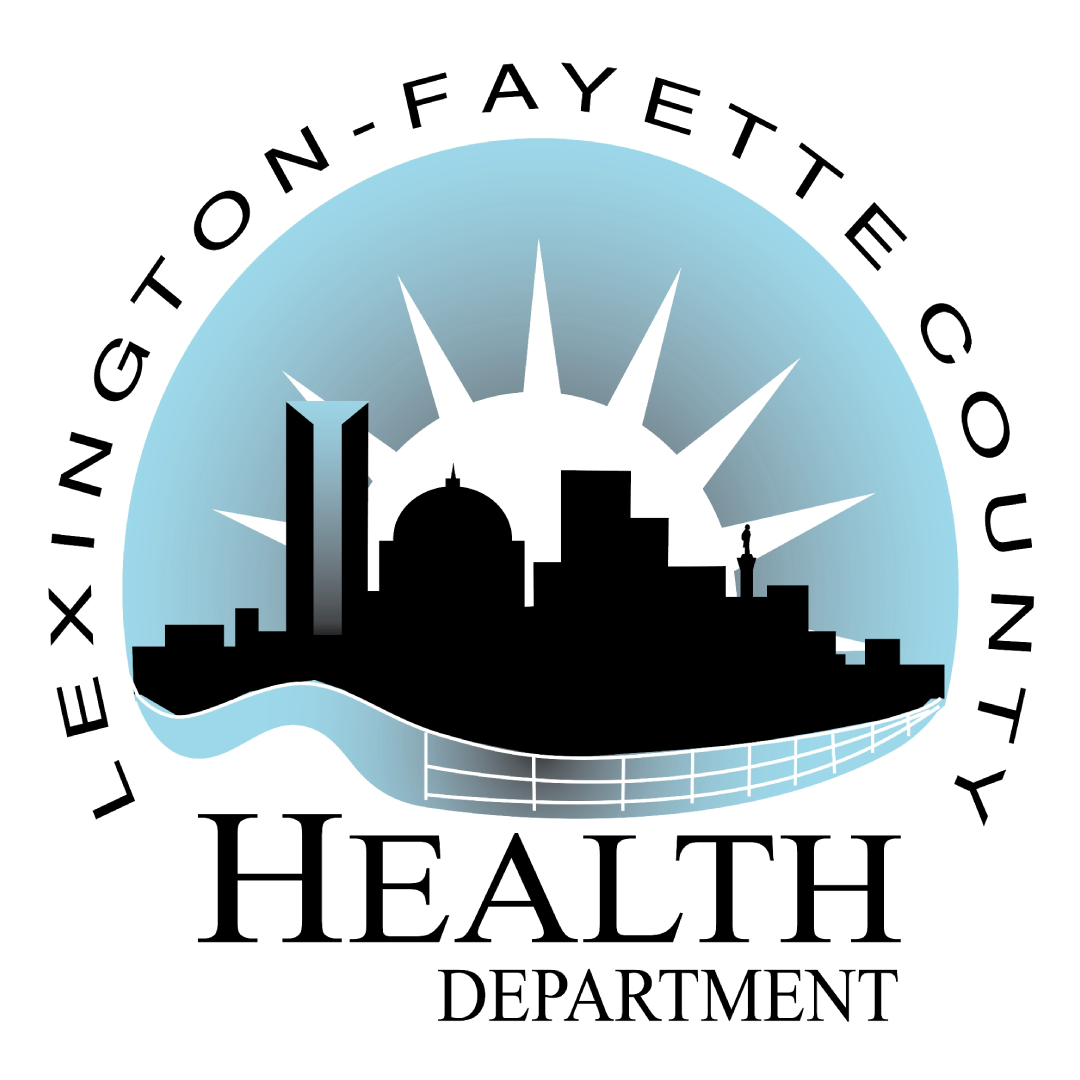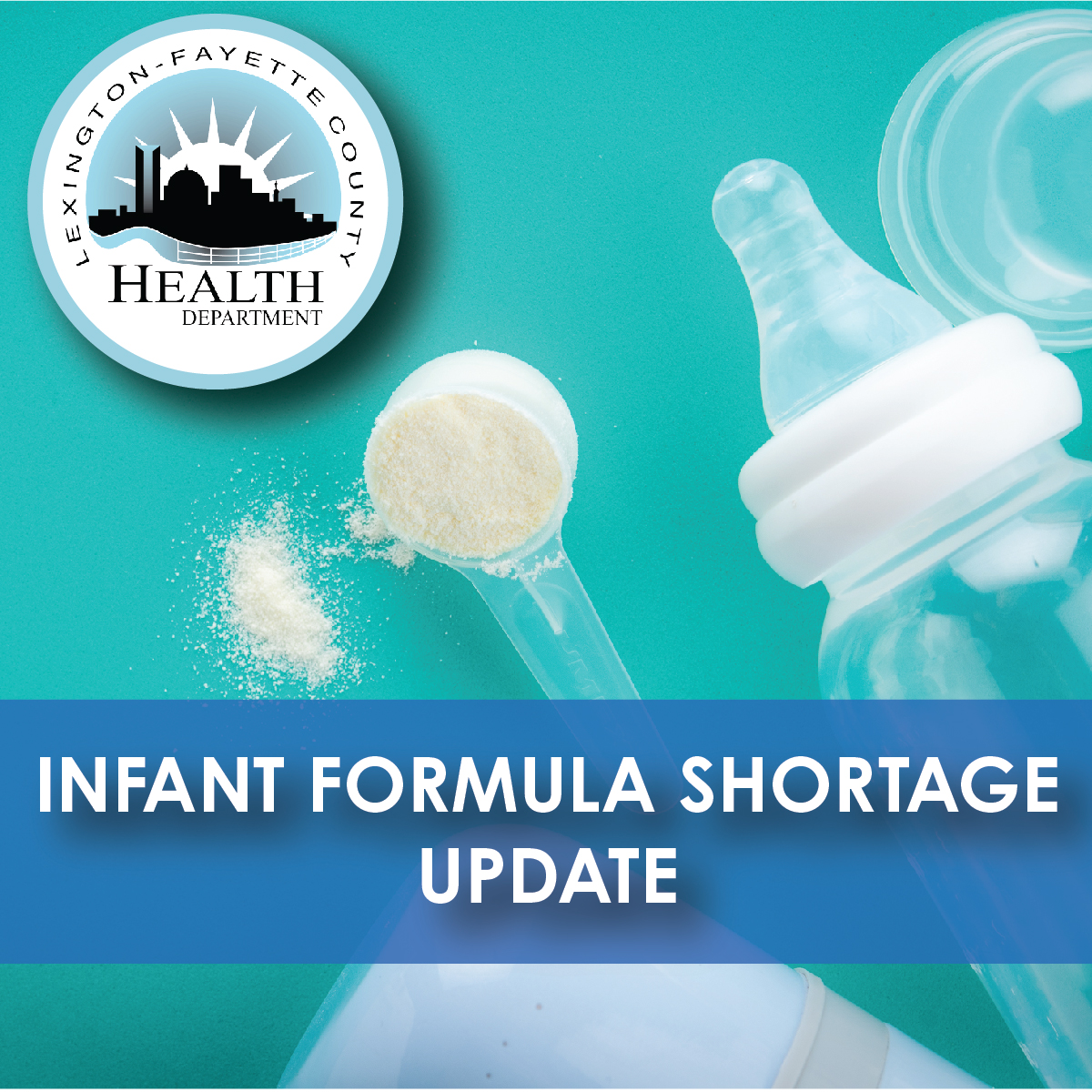A national formula shortage continues to affect families across the country. Our Women, Infants and Children (WIC) program has been working through this issue daily since a major formula recall in February and continues to provide services for about 1,400 infants in our program. The U.S. Department of Health & Human Services has this fact sheet, including resources, for helping families find formula during this shortage: https://www.hhs.gov/formula/index.html.
For families not part of our WIC program, the USDA Food and Nutrition Service program advises that only medical professionals are qualified to provide advice on acceptable alternatives to formulas that may currently be difficult to find. Please be sure to talk to your child’s pediatrician about safe and appropriate feeding alternatives for your child, if needed. The American Academy of Pediatrics offers these tips: https://healthychildren.org/English/tips-tools/ask-the-pediatrician/Pages/Are-there-shortages-of-infant-formula-due-to-COVID-19.aspx.
The USDA also offers some steps you can take to ensure the safety of your infant’s formula:
- Learn more about choosing an infant formula that’s safe for your baby.
- Do not feed your baby cow’s milk or other non-dairy milks until 1 year old, unless you’ve talked to your child’s pediatrician.
- Don’t make homemade infant formula or water down formula; there are serious health and safety concerns.
- Do not buy formula online that comes from outside the U.S., which could be counterfeit, have a fake label or a wrong use-by date.
- Prepare and store infant formula according to the manufacturer’s instructions; do not water down formula.
- Properly clean, sanitize and store infant feeding items.
- Always wash your hands when handling formula and feeding items.
- Talk to your pediatrician about introducing complementary foods by 6 months (no earlier than 4 months).

